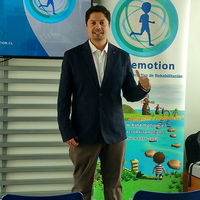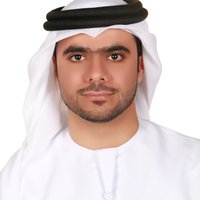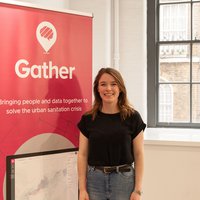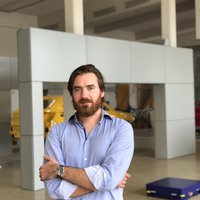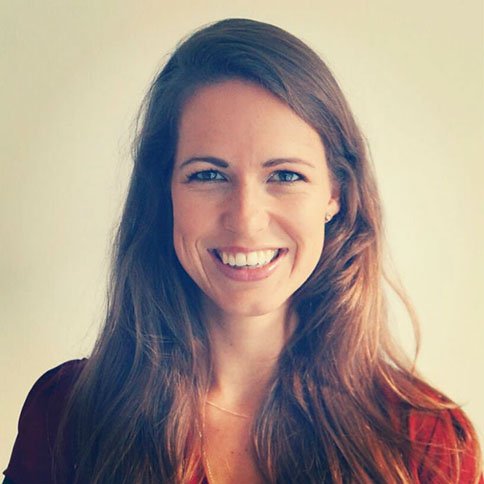The Netherlands’ commitment to the circular economy is resolute. Among the Dutch Government’s attempts to foster this trend, demanding of companies that 50% of the materials that they use by 2030 should be secondary stands out, for example using waste from the mining, metallurgy and agricultural industries.
From Maayke-Aimée Damen’s intention to help Dutch companies to achieve this aim and from her obsession with sustainability, Excess Materials Exchange (EME) was born. This initiative has made her into one of the Innovators Under 35 Europe 2018 from MIT Technology Review. EME is a marketplace that is enabled by blockchain, and which connects companies who are selling leftover materials from their activities with other companies who could make use of that waste in their business.
To illustrate how EME works, Damen invokes a very Dutch example: "A company that sells tulip bulbs ends up throwing away the flowers. This scrap can either be wasted or turned into compost. What we do is add it to our marketplace to look for alternatives. For example, we found out that tulip flowers are useful for creating pigments, and we found a company in the North of the country that is dedicated to this. On a large scale, we’re talking about an €88 million a year business".
EME uses artificial intelligence (AI) to help companies to find the options that are best suited to their needs. Damen estimates that the platform will also serve individuals in the future. The innovator expands: "All of us have electrical items at home that we don’t use, some parts of which could be made use of". Another of her plans for the future of EME is to open it up to the rest of Europe, given that at the moment it only operates in The Netherlands.
Damen’s education, as a graduate in Anthropology and Political Sciences from the University of Leiden (The Netherlands), is quite far removed from the sector in which EME operates, although sustainability has always been one of her priorities. For this reason, she has worked together with the Dutch delegation of young people from the United Nations (UN) in this field. But at the end of the day, she widened her scope to beyond NGOs, given that, in her opinion, "if you want to change the world, you need a viable business model".
Catherine de Wolfe, researcher at the Federal Polytechnic School of Lausanne (Switzerland) and a member of the jury for Innovators Under 35 Europe 2018, highlights the project’s ability to "connect materials with their best possible chance of reuse, aided by blockchain and artificial intelligence, converting costs into benefits and moving towards a circular economy". On Damen, she notes that "she is not only skilful and entrepreneurial, but also her project brings with it a positive impact on driving society towards the circular economy".
By Olga Rodríguez
Translation: Lisa Rushforth
